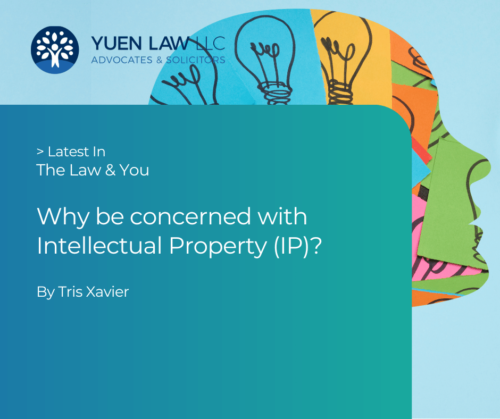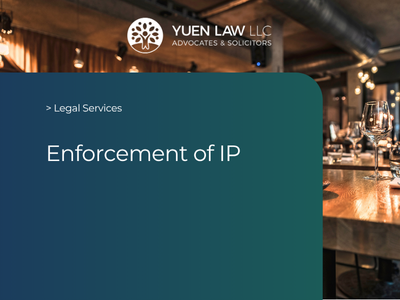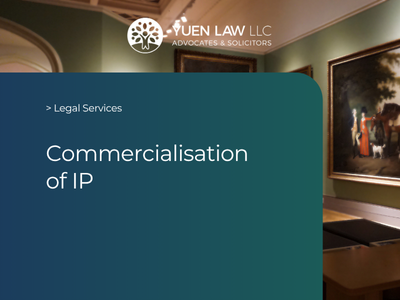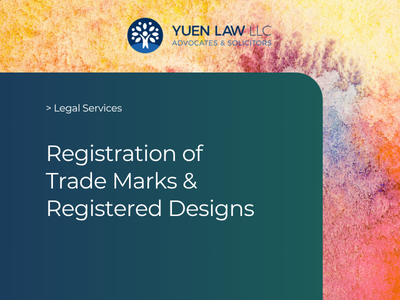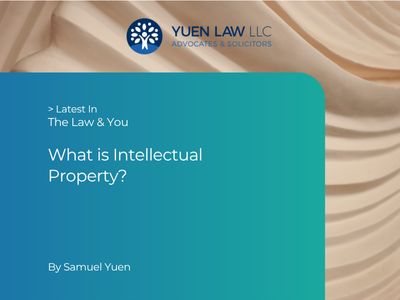On Dec 2015, Singaporean artist Richard Lee Xin Li was displeased to find that an artwork showcased in Hotel Indigo Singapore Katong included a modified version of his work. The hotel is run by the InterContinental Hotels Group, and the Group’s representative stated that Mr Li’s work was unknowingly used.
In Singapore, artwork is protected under the Copyright Act. Copyright in most countries, including Singapore, takes effect automatically. This means that there is no requirement for registration of the copyright, and the artist does not need to comply with any other formalities for his work to be protected. The artist will have exclusive rights in dealing with the art. For example, he owns the exclusive rights to reproduce, publish, and broadcast the work.
What Happens if Copyright is Infringed?
Where a copyright owner’s rights have been infringed, some civil remedies that the court can order include:
- An account of profits from the infringer to the copyright owner;
- An injunction to prevent the infringer from dealing in the copyrighted work;
- Ordering the infringer to pay damages to the copyright owner; and
- Ordering the destruction of the infringing copies of the work.
Furthermore, copyright infringement may also attract criminal liability. Someone who wilfully commits copyright infringement could be fined up to $20,000 and/or imprisoned for up to 6 months for a first offence.
Additionally, the public image of the business might suffer due to negative media coverage. The news of the copyright infringement might be especially detrimental to the business given the current prevalence of social media. The relationships between the business and both the artist and the artist’s supporters might also be adversely affected.
How Can Businesses Ensure That They are Not Infringing On Others’ Artwork?
The copyright in an artwork is likely infringed when someone other than the copyright owner deals in the work. If businesses would like to use an artwork, they should first obtain permission from the owner of the copyright. Alternatively, businesses can choose to use older artworks that are no longer copyrighted. For example, artwork that was published during the lifetime of the author will not be protected by copyright 70 years after the artist’s death.
Where businesses commission artwork, they can ensure the originality of the work by entering into a contract with the artist. The service agreement can state that the artwork has to be independently created and not copied from another source. The contract can also state that the artist indemnifies the commissioner from any liability that may arise from copyright infringement.
For assistance regarding intellectual property matters, do contact us to make an appointment.

